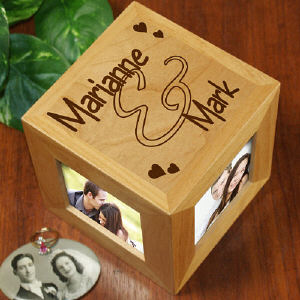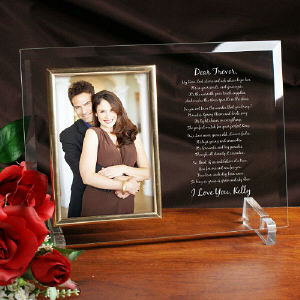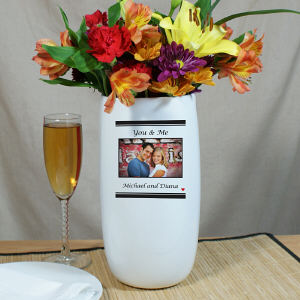Do You Feel Used and Unappreciated in Your Relationship Or Marriage?
By Jack Ito Ph.D.
Is there such a thing as giving too much? How can we decide what to do and not do for our partner? If you feel like you are always giving and not receiving, you may be giving too much. That sacrificial love of yours may actually be doing more harm than good. But how can you decide what to do and what not to do?
Should we just do the things we want to do? There are many things that we do for our partners that we don't want to do. Washing the dishes, taking out the trash, or going to work may be among them. If we stop doing these things, serious problems will result. Work is a necessary part of any relationship.
The unpleasantness of a task has little to do with the relationship. Usually, as soon as the work has been done, we are able to forget about it and move on. If you work for a company and they give you a paycheck, you don't keep thinking about last week's work. But, if they don't pay you, then you will feel cheated and used. Although not a job, we all have expectations of our partners. When these expectations are not met, we can feel used and cheated.
Loving sacrifice is not "loving" if it causes us to feel resentful or it adds to our feeling that our relationship is unfair. People have an inner sense of what is fair and when we start feeling things are unfair, we had better take action before it gets worse. Resentment, or that sense of unfairness , creates emotional distance and emotional distance kills relationships.
What actions can we take when we feel like we are giving much and getting little?
1. We can stop doing acts of meaningless sacrifice. What you are doing to show love to your partner may not even be important to your partner. Although it is something you might appreciate if your partner did it for you, it may not be part of your partner's love language. Not everyone wants a box of chocolates or to hear "I love you" at the end of every phone call. If doing things for your partner makes you resent your partner, then stop doing them!
2. We can tell our partner what we want. Most of the time we don't get what we want because we don't ask for what we want. What may seem like second nature to you may not even occur to your partner. If you are afraid to ask for what you want, then that is an assertiveness issue on your part. Thinking that you shouldn't have to ask may make you feel justified, but it won't help you to get what you want.
3. Negotiate. Negotiation is a normal part of any long term relationship. Negotiating everything could be a sign or trouble, but not negotiating at all is a sign of poor communication. Your partner and you have some different needs. "I'll pick up the kids tonight if you will make dinner," or "We can watch a movie you want this time if I can pick next time." Partners who were only children and who were pampered by their parents sometimes don't learn this kind of give and take. Making it explicit is a low conflict way to help yourself and your partner.
4. Use a mental or written checklist. When you are feeling resentful, ask yourself these questions:
1) Am I doing something that is really necessary?;
2) Have I let my partner know what I want or am I expecting my partner to "guess" what I want?; and
3) Have I tried negotiating this activity? If your answers are "no" to these questions, then you are being worse to yourself than your partner is.
A relationship, a true partnership, is many things. It is not purely emotional because there are many practical demands. It is not purely a matter of responsibilities because a relationship is not a just a job. It is not only a matter of management because a relationship is not just a business. However, a successful long term relationship has aspects of all three of these things: emotional, practical, and organizational. Using skills that pertain to these three components are vital to its success.
Relationship coaches teach more than 30 different skills related to relationship success. The extent to which you learn and use these skills is the extent to which your relationship can improve. Even learning one can make the difference between a relationship that gradually fades and one that stays vibrant. What you do today will determine what you get tomorrow.
Jack Ito PhD is a licensed psychologist and relationship coach. Since 1994 he has helped more than 1000 men and women to have better relationships.
Get your relationship unstuck by signing up for the Relationship Coach newsletter and receive a FREE RELATIONSHIP PLANNING GUIDE. Get daily help for your relationship at the Relationship Coach Blog.
Article Source: http://EzineArticles.com/?expert=Jack_Ito_Ph.D.
http://EzineArticles.com/?Do-You-Feel-Used-and-Unappreciated-in-Your-Relationship-Or-Marriage?&id=1497047
Does your partner or spouse appreciate all that you do in your relationship? Are you being used up rather than filled up? You can handle this by using this relationship advice from a professional relationship coach.













No comments:
Post a Comment